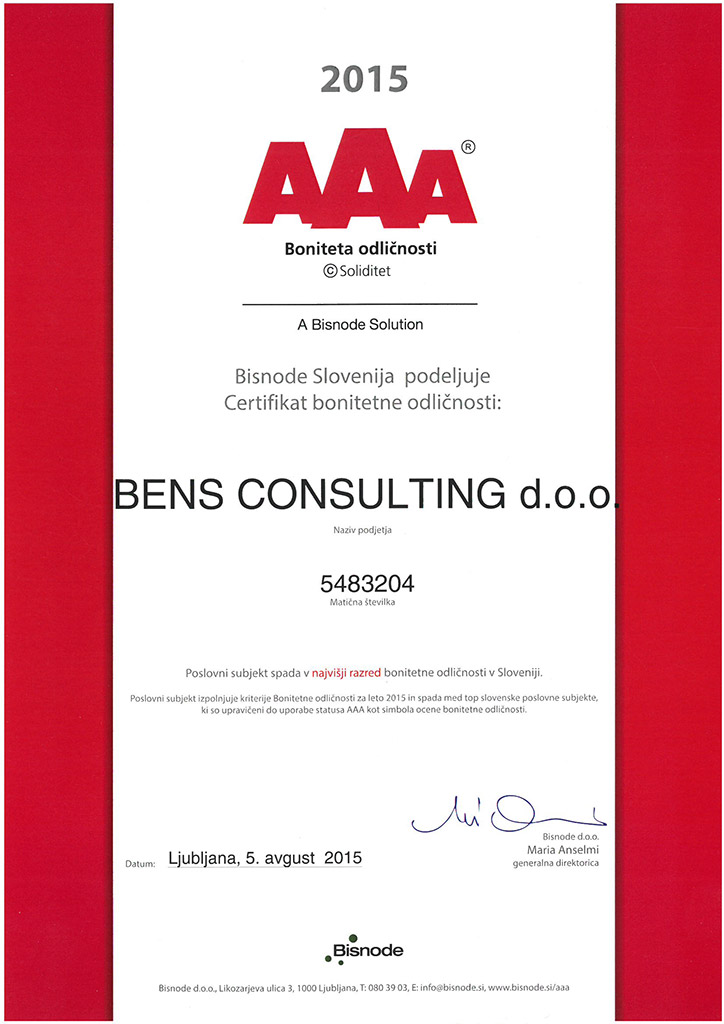The European Chemicals Agency (ECHA) recently published some new information with regard to the Poison Centre Notification.
Before taking a look at what this means for you (and us), let's repeat briefly what PCN is.
It is a procedure where a prepared PCN file, including, amongst other things, the UFI code and the hazardous mixture composition, is transferred into a common database. This database contains information that is available to poison centres in the EEA countries (EU Member States, Norway, Iceland and Liechtenstein). Thus, an individual UFI code permanently contains the hazardous mixture formula.
Now, let's get back to new features.
Firstly, the ECHA has confirmed that the system will start operating in such manner that one PCN file, submitted to the PCN portal will be used without any further actions to implement a notification in several countries.
The fact is that the mixtures will have to be notified in all EEA countries where the mixture is marketed, i.e. in the local country languages. It is planned that in time, the system (but not from the beginning of its introduction, unfortunately) will support multilingualism and will automatically translate PCN files from one EEA country language to another.
Secondly, the EEA member countries will be able to use their own systems for notifications, which will in some cases be able to replace the submission of the file to the ECHA PCN Portal, under the condition that those systems will support and accept PCN files.
The competent offices of the EEA countries will be able to choose among the following three possibilities:
- Use of ECHA PCN portal – the subject will have to prepare PCN files and submit them via the universal ECHA PCN portal.
- Use of ECHA PCN portal or the use of national system – the subject must prepare a PCN file, and submit it via the ECHA PCN portal or via the national system.
- Use of the national system – the subject must prepare a PCN file and submit it via the national system.
What does this imply for Slovenia?
Slovenia's system of notifying hazardous chemicals requires different types of information than the PCN procedure.
Consequently, the PCN procedure and the application at the Slovenian Chemicals Office via the ISK system will be mandatory. The Slovenian Chemicals Office uses this system to record information about the use of hazardous chemicals that are not connected only to the data of the poison centres.
What is your opinion on the proposed PCN regulation?





 Back to posts
Back to posts

